Category: Liberal Arts
-

Jeremiah, Truth and Intelligence
A couple of months ago I had a post talking about how Hebrews talk about things being true. While my focus was on common Mormon expressions like “I know the Church is true” the basic principle applies to many scriptures. That includes famous Book of Mormon ones like Alma 32. The basis for most of…
-

Issues in Epistemology: A Response to Inside/Out
I didn’t really touch on it in depth in my theology post last week but my view of theology entails being able to give reasons for why one asserts what one asserts. The emphasis then was in how we read. Underneath it all really was Eco’s view of the ideal reader who pays close attention…
-
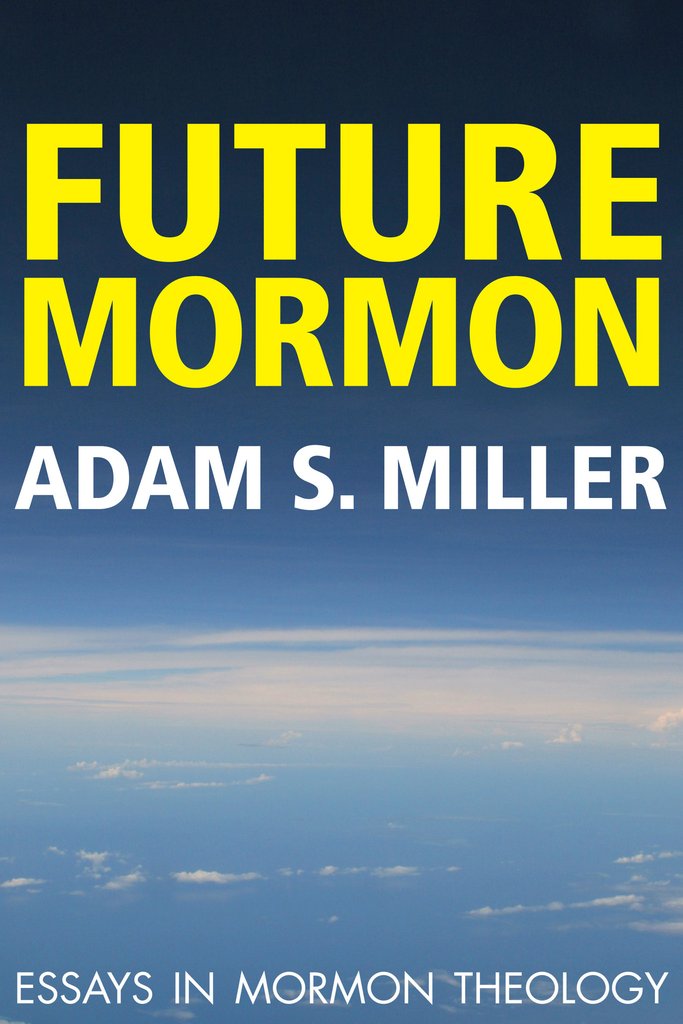
Future Mormons?
This is a review of and a response to Adam Miller’s recent book, Future Mormon: Essays in Mormon Theology (Greg Kofford Books, 2016). This book and others like it are part of the solution to one of the biggest problems facing 21st-century Mormonism: it’s shallow. It’s boring. It’s too programmed. There’s no meat in the…
-
The Nova Effect – Secular Age, round 7
This third section of Taylor’s book is, to me, the most redundant, so I’m going to make up for lost time by condensing these four chapters into one blog post. In fact, I’ll leave Ch. 11 off entirely because it’s mostly an exploration of the section’s themes through case studies in Britain and France. In…
-
Sacrament Prayers: A Close Reading
A while ago my dad had pointed out some features of the sacrament that somehow I’d missed in all the years I’d been partaking. A few of these were examples of something that’s right before you the whole time yet somehow you still miss. I thought I’d share them with you. We get our sacrament…
-
The Anthropocentric Shift: Secular Age, round 6
Links to posts 1, 2, 3, 4, 5 In the last several posts, we’ve covered how the enchanted, hierarchical world of pre-modern Europe slowly shifted in the sixteenth and seventeenth-centuries to a “disciplinary” society, where human beings began to perceive themselves as rational agents and masters of their own will and destiny, and increasingly related…
-
Some Thoughts on Trends in Apologetics
First let me say upfront that I simply don’t read that many apologetic papers anymore. That’s less about any problems with the genre so much as just a lack of time. I have to be a little pickier about what I read than I used to. One day when little kids aren’t waking up all…
-
Modern Sources of Belonging– Secular Age, round 5
The changes in construals of the self discussed in the last post were merely the flip side of new construals of sociality. This pairing helps correct narratives about the modern “rise of individualism” at the expense of community; individualism is learned, not natural, and “belonging” is an innate need that does not disappear with modernity.…
-
20th Century LDS Thought on Sexual Assault: Some Context
The Salt Lake Tribune recently published an article called “How outdated Mormon teachings may be aiding and abetting ‘rape culture.’” While I am also concerned about ways in which Mormon culture may encourage rape culture (see here and here and here), I want to push back against one portion of the article.
-
Hell Part 1: Close Readings of the Book of Mormon
I love doing close readings of scripture. The normal way to do this is reading linearly through the entire book of scripture. An other great way is to study by topic. Each helps you see things you might miss using only the other method. While I’m glad our gospel doctrine has encouraged reading all scripture, part…
-
New Construals of the Self: Secular Age round 4
(Links to Rounds 1 , 2, and 3) In the previous chapter, Taylor outlined some of the main “bulwarks” of enchanted belief that had to give way for exclusive humanism to eventually emerge. In Chapter 2, the “Rise of the Disciplinary Society,” Taylor examines some of the new construals of self and society that would help make that…
-
What if Belief isn’t Volitional?
Imagine you walk outside under a beautiful blue sky, the sun warm on your skin. Now someone comes up to you and tells you that you must believe the sky is orange and the air cold. Can you do it? If not, does that mean your beliefs are freely chosen? Can you choose to believe?
-
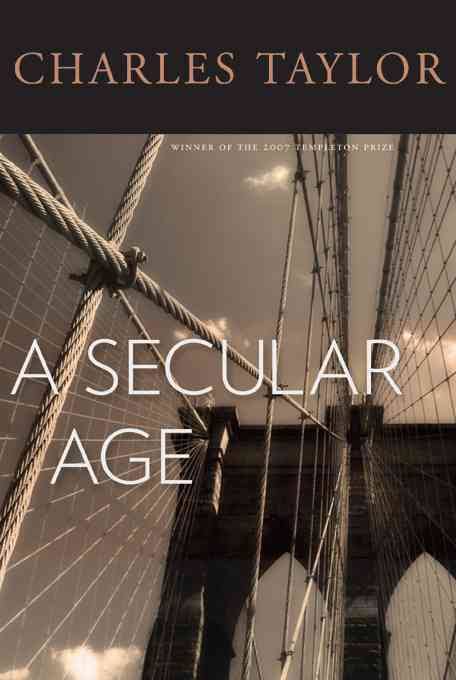
Enchantment and Disenchantment: Secular Age Round 3
(Links to Rounds 1 and 2) These next several posts will cover chapters in Parts I-III, which comprise Taylor’s account of the western historical trajectory towards secularity, from the enchanted world of 1500 AD to the disenchanted and pluralistic one of 2000 AD. Overall, Taylor’s historical account challenges the “subtraction” stories that explain the road to…
-
“A Supreme Act of Love”
This past Sunday, we covered chapter 6 of the Howard W. Hunter manual titled “The Atonement and Resurrection of Jesus Christ.” The lesson quotes President Hunter as saying that the Atonement “was an act of love by our Heavenly Father to permit his Only Begotten to make an atoning sacrifice. And it was a supreme…
-
Modern Christology
I recently read Alan Spence’s Christology: A Guide for the Perplexed, a short but very helpful discussion of the topic. I’m going to use it to reflect a bit on Mormon Christology, particularly as it relates to modern Christological commentary on and criticism of the doctrines that emerged from theological debates in the early Church.…
-

A Mormon Minimalism
I’ve been practicing a kind of theological minimalism for a long time now. This impulse toward minimalism is itself religious. And it’s aesthetic. It doesn’t have to do with whether particular things are true or false (though, rest assured, such judgments must also be made), it has to do with the feel (literally, the aesthesis) of Mormonism as…
-

Where is the door? How do WE knock?
One of the gems of my mission was the opportunity to spend an evening with a Bishop from the RLDS (now Community of Christ) Church
-
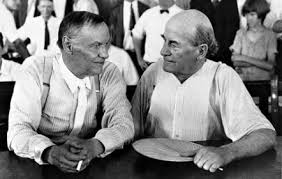
Mormonism at the Scopes Trial
I read Edward J. Larson’s Summer for the Gods: The Scopes Trial and America’s Continuing Debate Over Science and Religion (Harvard Univ. Press, 1997) earlier this month, and was surprised to see the Book of Mormon appear in one of Clarence Darrow’s arguments to the court. Funny how little mention there is of the Scopes…
-
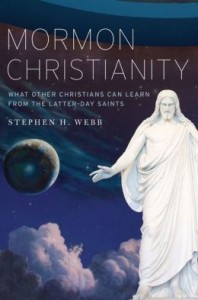
Mormon Christianity: A Sympathetic View
Stephen H. Webb’s Mormon Christianity: What Other Christians Can Learn From the Latter-day Saints (OUP, 2013) has a lot to offer both LDS and non-LDS readers. My acquaintance with Amazon titles on Mormonism makes me think it would have attracted a much larger non-LDS readership had it been titled How I Escaped From Mormon Christianity.…
-
Mormon Christianity: A Little Bit Catholic
I’m about a third of the way through Stephen W. Webb’s Mormon Christianity: What Other Christians Can Learn From the Latter-day Saints (OUP, 2013). Webb is a Catholic professor of philosophy and theology turned writer. His Catholic perspective on LDS doctrine and his evident sympathy for the LDS approach to Christianity make this insightful outsider…
-
Reasoning Together – Zion
We talk about Zion in a lot of different senses, but I think most of these share the general idea of communally gathering, developing, sharing, and partaking in everything that is lovely, virtuous, or praiseworthy or of good report. How do we do this, both collectively and individually, on both a theological and political level?…
-
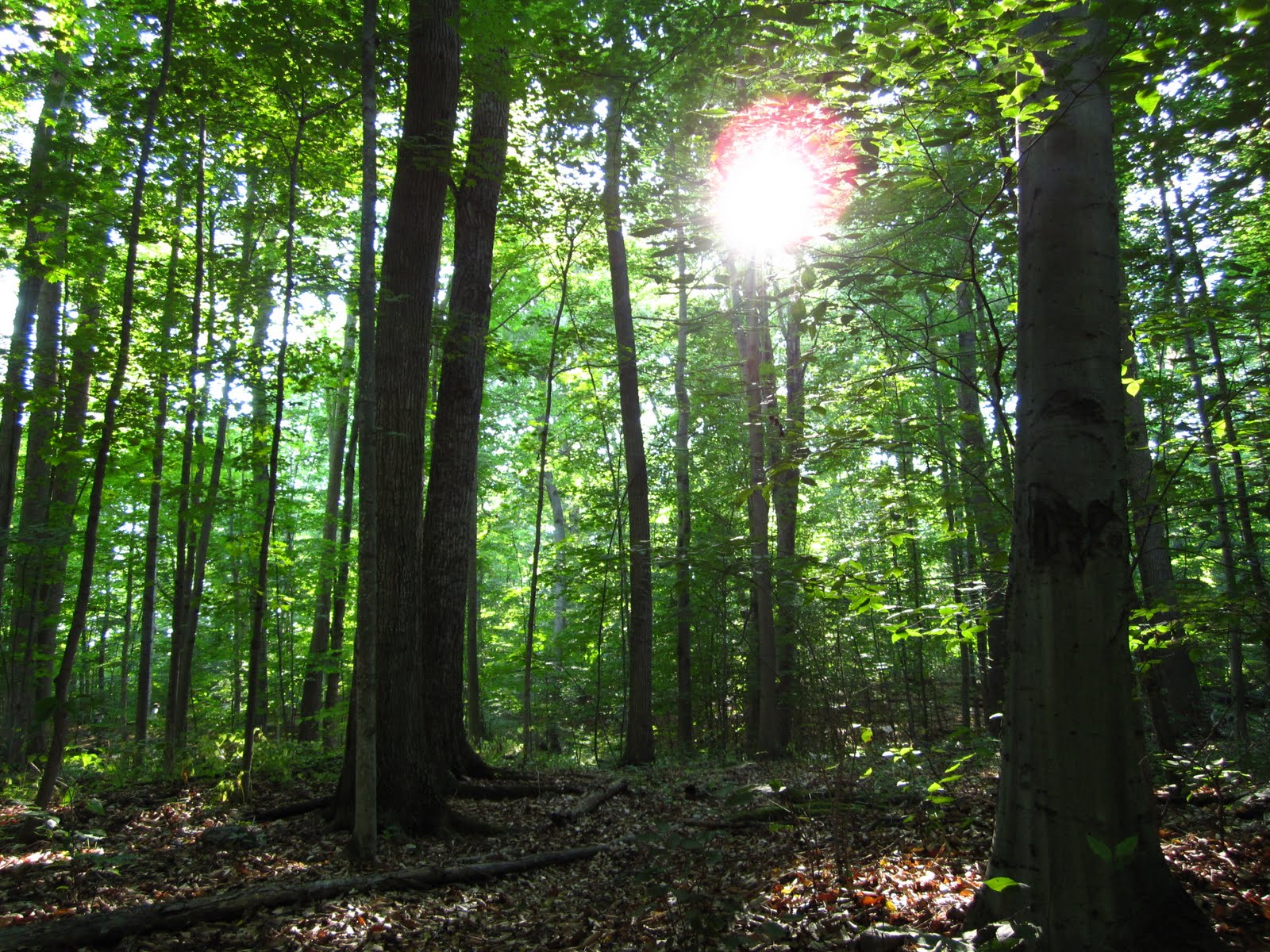
Reasoning Together – Prophets
Here’s the main point: I don’t think either our history or our theology supports traditional and currently widespread – though often unarticulated – notions of what a prophet is.[1]
-

Same-Sex Marriage Bans and Tax
The District of Utah has had a busy week. As I’m sure you heard (and if you haven’t, you ought to read Kaimi’s post first), Utah’s ban on same-sex marriage has been struck down as unconstitutional. A week ago, in the wake of the decision that didn’t actually legalize polygamy, I looked at the potential…
-
Gay Polygamy in Utah!
By now you’ve heard the news. A federal judge in Utah just ruled that the state’s ban on same-sex marriage was unconstitutional. This follow on last week’s ruling, from a different judge, that portions of Utah’s polygamy statute were also unconstitutional. What does it mean? Obviously, it means the advent of gay polygamy!! It won’t…
-
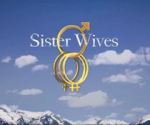
Decriminalizing Polygamy (and, of Course, Tax)
On Friday, December 13, the Judge Waddoups, a district court judge in the District of Utah, held that Utah’s criminalization of polygamy was unconstitutional. Partly, anyway. More on that in a minute. I suspect that this opinion will reverberate throughout the blogosphere and the mainstream media, with the reporting displaying various levels of accuracy. The…


